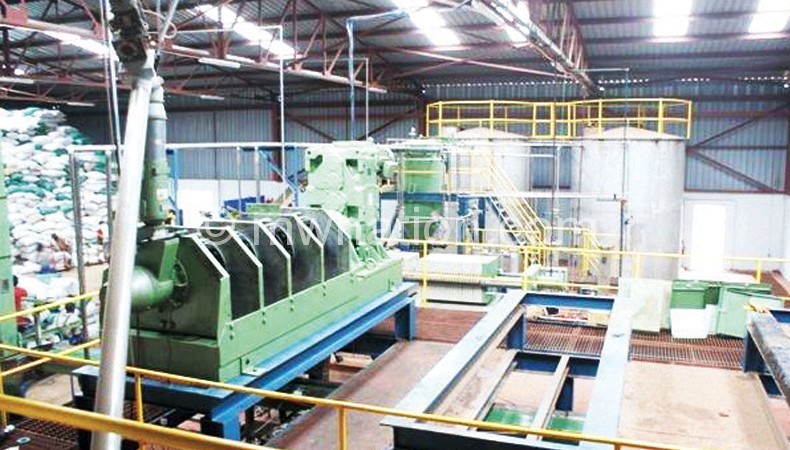Employers concerned about higher education products
Employers in the country are concerned about the relevance of some of the programmes offered in higher education institutions, and the quality of graduates being produced.
This is according to a 2016 World Bank study titled ‘Improving Higher Education in Malawi for Competitiveness in the Global Economy’.
Of critical issue, according to the study, is that the overall distribution of enrollment by field of study has generally not been aligned with areas critical for Malawi’s economic development.
For example, the study shows, enrollment is relatively low in engineering, business, ICT and tourism—areas which are considered vital for Malawi’s growth prospects.
In addition, adds the report, with the shift from the Board of Governors of the Technical Entrepreneurial, Vocational Educational Training (Tevet) agency to the University of Malawi, technician programmes in the core skills development areas have been neglected, or entirely abolished, leaving a considerable gap in the skills development edifice.
“Sector analyses demonstrate evidence of severe skills shortages in key growth areas of the economy, including mining, agriculture, tourism and the construction industry,” reads the study.
Further, the study also reveals that the majority of employers surveyed (74.4 percent) indicated that the average graduate required six months of on-the-job experience before they could carry out their tasks at an acceptable level.
Meanwhile, executive director for the Employers Consultative Association of Malawi (Ecam) Beyani Munthali, Chancellor College curriculum expert John Bisika and the National Council for Higher Education (Nche) have since welcomed the study.
While Munthali says the study ‘only corroborate theirs’, Bisika argues: “The World Bank study is true to some extent, because some courses being taught in our colleges are not relevant.”
Just like Bisika, Nche chief executive officer Mathilda Chithila agreed with the report to some extent as most of the programmes offered are not developed in collaboration with the industry.
“Secondly, most of our universities tend to offer arts/humanities and less of applied sciences because of costs and unavailability of qualified lecturers in those fields and yet the country needs applied science and technology to move from being a net importer to a net exporter,” she said.
Chithila has since warned that without promotion of applied science and technology training in institutions, the country will remain predominantly an importing and consuming nation; hence economic development will be at a snail’s pace.
Asked if higher education institutions are giving them the graduates they need, Munthali, who represents the voice of the employers, said there have been complaints from employers about graduates from universities in Malawi.
Using insights from their 2015 study, Munthali underlined that in ‘most cases, university graduates’ qualifications are not relevant and where they are employed, they struggle to adapt to the world of work.’
But why is this the case?
Partly, the study finds that the lag in professional proficiency may be accounted for by poor work experience on the part of graduates, due to the absence of workplace partnerships and internship programmes in the universities.
Munthali, however, wants a structured engagement approach between the universities and technical institutions in Malawi and employers.
“This structured approach would promote work readiness programmes [internships, apprenticeships, traineeships and mentorships],” he said.
However, Bisika notes that currently most public universities are taking a lead in developing industry responsive curriculum as a way of producing graduates that meet the demands of the industry.
But Chithila thinks there is need for a deliberate policy to promote education and training that will enable the recipients of that education and training to be ‘creators’ and not just theoretical people hence the need to promote applied science and technology programmes that will equip the graduates with skills needed to create import substitutes and other products for exports. n





